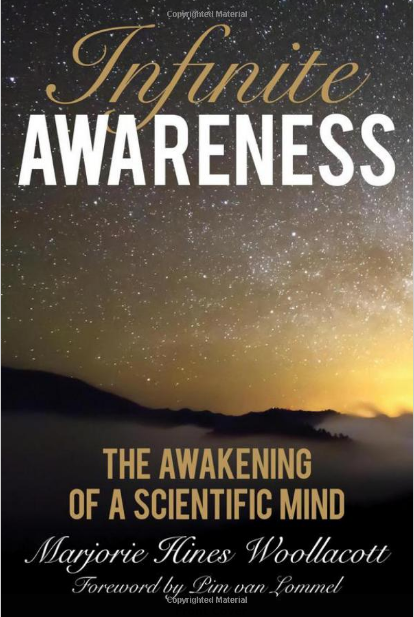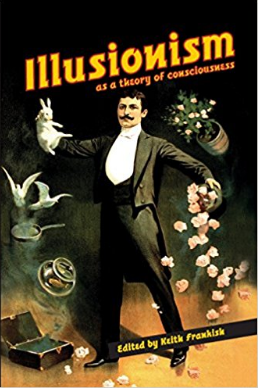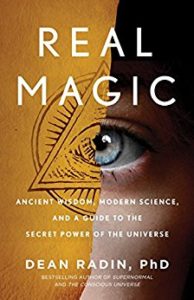In this episode, I had the pleasure of speaking with Dr. Elizabeth Schechter, who is an Assistant Professor of Philosophy and Philosophy-Neuroscience-Psychology in the Department of Philosophy and in the Philosophy-Neuroscience-Psychology Program at the Washington University in St. Louis. Her work centers on questions of psychological unity, with a focus on split-brain, which you can find in her book, Self-Consciousness and “Split” Brains: The Minds’ I.
We had a great conversation and covered consciousness, split-brains and the mind-body problem, and more. Please enjoy this episode with Dr. Elizabeth Schechter.
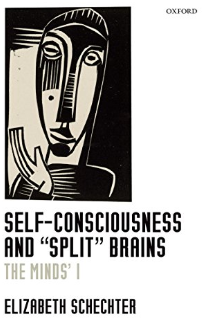
Questions:
- What is Psychological unity? Unity of Consciousness?
- Let’s get a baseline to work from here. How do you define consciousness? What IS consciousness? Mind v. Person.
- Duality? Physicalism? Etc.
- What is the relationship of a person to their mind/brain?
- Split Brains:
- Please give us a little background on what ‘split brain’ is.
- How does this play into your views on ‘unity’ of consciousness and psychology?
- Does this result in two, independent consciousnesses? (2-person claim)
- Perspectives versus Agents versus Thinkers? What are the differences there, and how do those differences play into understanding consciousness?
- In a split brain, parts of the brain are still integrated, or synchronized, right? Like vision? What else? [two separate human beings sitting next to each other would also be getting the same inputs, right?]
- How does that play into all of this?
- I’m curious about the implications of split brain and mind-brain duality. What, if any, observations have been made with split-brain patients that might shed light on that and the binding problem?
- Is the single ‘mind’ still bound to both sides of a split brain?
- Ego?
- Can (does) one side of the brain ask, “Something it is like to be the other side of my brain?”
- “I think, therefore I am” and other tests of individuality and consciousness? Have those been done, experimentally?
- The mirror test (animals) on a split brain subject?
- We can cut the connection (corpus callosum) between the two hemispheres. Can we introduce a third (artificial) ‘hemisphere’?
- What is a consciousness versus a person: conjoined twins, DID, split brain?
- What are you currently working on? What can we expect from you in the near future?
- In the field of consciousness (or other areas), what studies or potential breakthroughs excite you?
- Anything else you’d like to share?
Podcast: Play in new window | Download
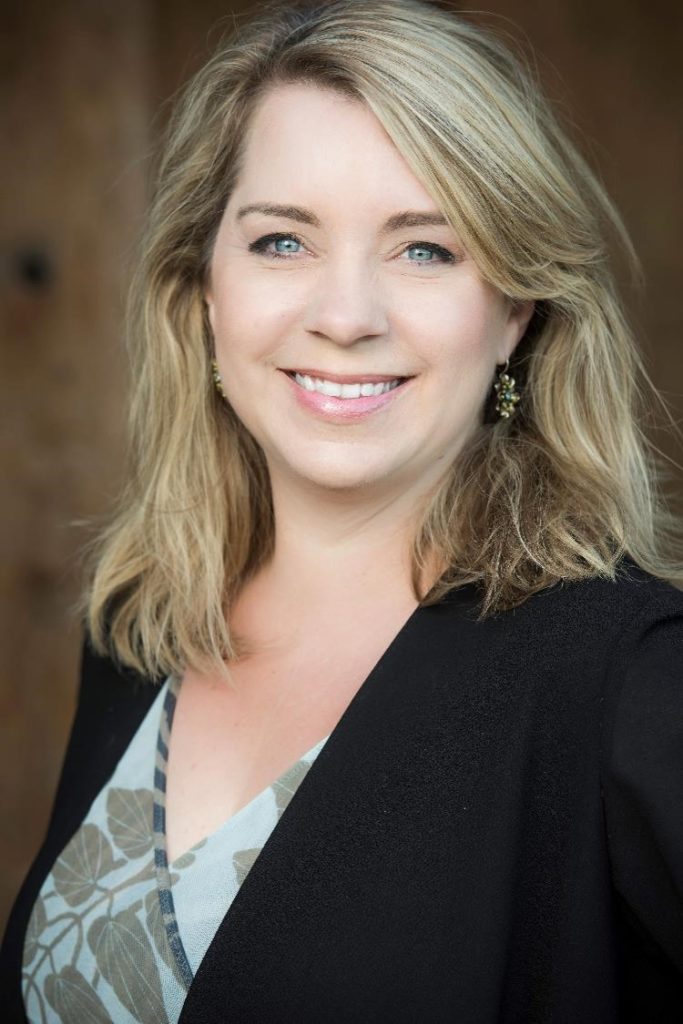
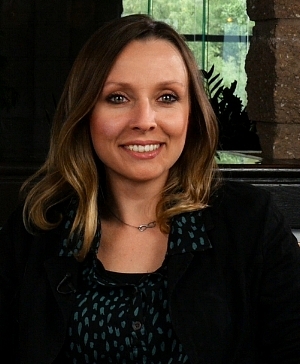 In this episode, I discussed Connectome Harmonics and neural correlates of consciousness, specifically under the influence of LSD, mindfulness meditation and dream sleep with
In this episode, I discussed Connectome Harmonics and neural correlates of consciousness, specifically under the influence of LSD, mindfulness meditation and dream sleep with 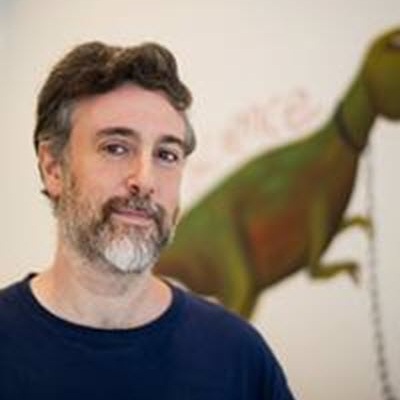 My guest this episode is
My guest this episode is 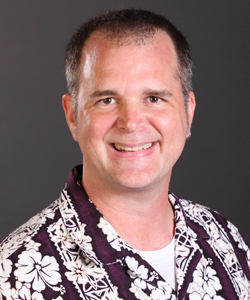 behavioral neuroscience with an emphasis on comparative neuroanatomy and cognition. He has studied higher-level visual processing, the role of dopamine in attention, and dopamine-hormone interactions in various species of birds.
behavioral neuroscience with an emphasis on comparative neuroanatomy and cognition. He has studied higher-level visual processing, the role of dopamine in attention, and dopamine-hormone interactions in various species of birds.